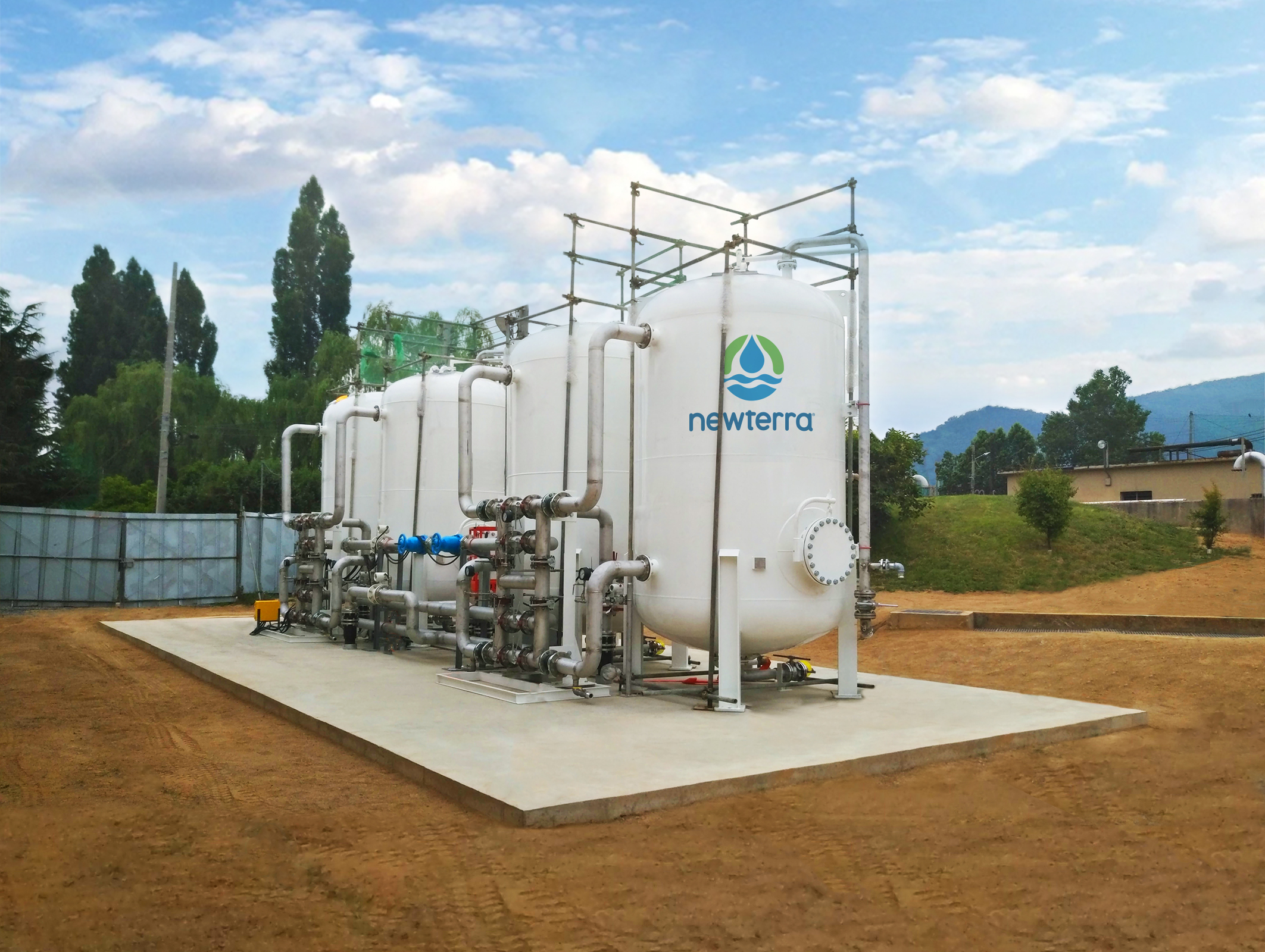Just How PFAS Therapy Guarantees Tidy and Lasting Water
The existence of PFAS, frequently known as "permanently chemicals," positions considerable obstacles to water top quality and public health. The implications of these treatments expand past instant wellness benefits; they increase important concerns regarding long-term water monitoring strategies that must be addressed to make sure a resistant future.

Understanding PFAS Contamination
PFAS, or per- and polyfluoroalkyl substances, have emerged as a substantial environmental problem because of their prevalent frequency and determination in the atmosphere. These synthetic chemicals have actually been used in different commercial applications and customer items, consisting of non-stick kitchenware, water-proof apparel, and food product packaging, as a result of their one-of-a-kind residential or commercial properties such as water and grease resistance.
The contamination of soil and water sources by PFAS occurs primarily via commercial discharges, firefighting foam use, and seeping from garbage dumps. pfas management. When released, these substances are resistant to destruction, bring about their buildup in the setting. This determination increases vital problems, as PFAS can travel long ranges via groundwater and surface area water systems, impacting alcohol consumption water materials and communities

Health And Wellness Threats of PFAS
The determination of PFAS in the atmosphere increases significant health concerns for people revealed to these materials. Research study has linked PFAS exposure to various adverse health results, consisting of immune system disorder, liver damages, and enhanced danger of specific cancers.
The ubiquity of PFAS in consumer products, such as non-stick pots and pans, water-repellent textiles, and food product packaging, more intensifies the danger of exposure. Consuming water infected with PFAS is a substantial problem, as these chemicals can seep right into groundwater sources. Susceptible populations, consisting of kids and those living near industrial websites, may encounter intense threats as a result of their creating systems and prospective for higher direct exposure degrees.
As recognition of these health and wellness risks proceeds to expand, governing companies are starting to establish standards for PFAS degrees in drinking water. Public health and wellness initiatives are vital to reduce direct exposure and safeguard neighborhoods from the long-term results of these unsafe substances.

Ingenious Therapy Technologies
Just how can we efficiently take on the challenges presented by PFAS contamination in water sources? Ingenious therapy innovations are arising as important remedies in the mission for tidy water. These methods concentrate on the elimination or damage of per- and polyfluoroalkyl materials (PFAS), which are notorious for their determination in the environment.
One appealing strategy is adsorption utilizing innovative materials, such as triggered carbon and ion exchange materials. These materials have actually shown effectiveness in recording PFAS molecules from water. One more significant innovation is membrane purification, which utilizes nanofiltration and turn around osmosis to separate contaminants at the molecular degree, hence supplying a barrier versus PFAS.
Furthermore, progressed oxidation procedures (AOPs) utilize solid oxidants to break down PFAS compounds right into harmless results. This approach is especially effective for dealing with very infected water sources. Bioremediation strategies, employing certain bacteria, are additionally being checked out to degrade PFAS.
As research study continues, go now hybrid systems that integrate numerous technologies might offer boosted performance, resolving the complexities of PFAS contamination. The growth and application of these cutting-edge treatment modern technologies are important actions toward making sure the security and sustainability of our water sources.
Advantages of Reliable PFAS Treatment
Efficiently treating PFAS contamination in water sources dramatically boosts public health and wellness and environmental security. PFAS, frequently referred to as "forever chemicals," are immune to degradation and can gather in the human body, causing significant wellness dangers such as cancer cells, liver damages, and body immune system disorder. By implementing effective therapy techniques, neighborhoods can decrease direct exposure to these dangerous substances, ultimately enhancing blog here the health and wellness end results of their populaces.
Moreover, successful PFAS treatment adds to the conservation of neighborhood communities. Contaminated water can adversely influence marine life and interrupt the fragile balance of neighborhood environments. By ensuring clean water, therapy processes shield biodiversity and preserve eco-friendly integrity.
In addition, effective PFAS remediation can cultivate public confidence in water quality. When areas are assured that their drinking water is cost-free from damaging contaminants, it promotes a feeling of security and wellness. This depend on is necessary for community involvement and assistance for recurring water monitoring initiatives.
Future of Water Sustainability
Amid expanding worries concerning water quality and scarcity, the future of water sustainability hinges on ingenious strategies and joint initiatives. As areas encounter the looming dangers of contaminants like PFAS, the growth of advanced treatment technologies is necessary. These modern technologies not only concentrate on the removal of dangerous compounds yet also advertise the reuse and recycling of water, thus reducing general demand.
Moreover, reliable water governance plays an essential duty in guaranteeing sustainable practices. get redirected here Policymakers should integrate clinical study with regulative frameworks to establish clear standards for water usage and treatment. Stakeholder interaction, including regional communities and markets, promotes a feeling of shared obligation and motivates lasting techniques across different fields.
Financial investment in facilities is additionally vital; upgrading aging systems to include contemporary filtering and filtration methods can substantially boost water high quality. Moreover, embracing green technologies, such as all-natural filtration systems, can give green services.
Inevitably, the future of water sustainability depends on a holistic approach that integrates modern technology, policy, and area participation. By prioritizing these aspects, we can safeguard our water resources for generations to find, ensuring clean and lasting water for all.
Conclusion
In final thought, the efficient therapy of PFAS is crucial for ensuring tidy and sustainable water. Eventually, durable PFAS therapy approaches contribute to long-term resilience in water administration, fostering public depend on in water top quality and promoting lasting methods.